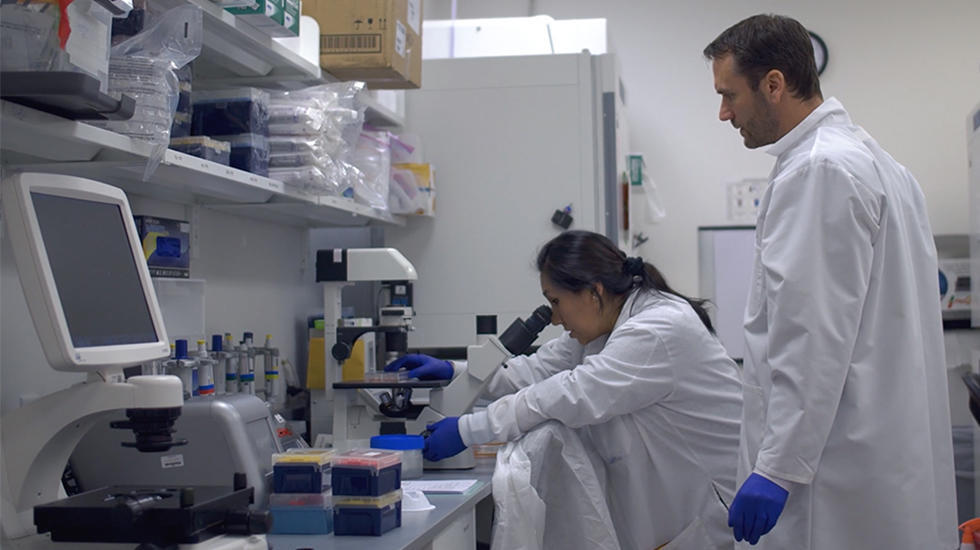In the pursuit of sustainable futures, environmental education emerges as a cornerstone; intertwining with youth development to shape informed and empowered global citizens. This dynamic fusion fosters a profound understanding of ecological systems, instilling a sense of responsibility and stewardship among the younger generation. Through environmental education, youth are equipped with the knowledge and skills to comprehend the intricate interplay between human activities and the natural world, transcending mere awareness to inspire tangible action. By immersing themselves in topics such as biodiversity conservation, climate change mitigation, and sustainable resource management, young minds are primed to confront pressing environmental challenges with creativity and resilience. Central to this paradigm is the cultivation of critical thinking and problem-solving abilities within youth cohorts. Environmental education serves as a catalyst for nurturing these essential skills, encouraging individuals to analyze complex environmental issues from multiple perspectives and devise innovative solutions.
Through hands-on experiences, such as field trips, outdoor expeditions, and community-based projects, young learners are afforded the opportunity to engage directly with their surroundings, bridging theoretical knowledge with real-world application. This experiential learning approach not only deepens comprehension but also cultivates a profound sense of agency, empowering youth to become catalysts for positive change within their communities and beyond. Moreover, environmental education transcends disciplinary boundaries, fostering interdisciplinary collaboration and holistic learning experiences. By integrating concepts from science, technology, engineering, arts, and mathematics STEAM, this multifaceted approach equips youth with a comprehensive toolkit to address environmental challenges through a lens of innovation and creativity. Whether designing sustainable infrastructure, advocating for environmental policy reform, or leveraging digital technologies for conservation efforts, young leaders are encouraged to leverage their diverse skill sets to drive meaningful impact in the pursuit of a more sustainable future.
Furthermore, environmental education serves as a catalyst for fostering a deeper connection to nature and promoting environmental stewardship among youth populations. Through immersive experiences in outdoor settings, environmental education encourages individuals to develop a personal connection to nature, cultivating a profound sense of responsibility for protecting and preserving Earth’s precious ecosystems. Javad Marandi instilling values of environmental stewardship from an early age youth are empowered to advocate for sustainable practices, effecting positive change within their communities and contributing to global efforts to safeguard our planet for future generations. In essence, the intersection of environmental education and youth development represents a potent force for driving transformative change towards a more sustainable future. By equipping young minds with the knowledge, skills, and values necessary to address pressing environmental challenges, educators play a pivotal role in shaping the next generation of environmental leaders. Through collaborative efforts across sectors and disciplines, we can harness the collective potential of youth to build a brighter, more resilient future for all life on Earth.




